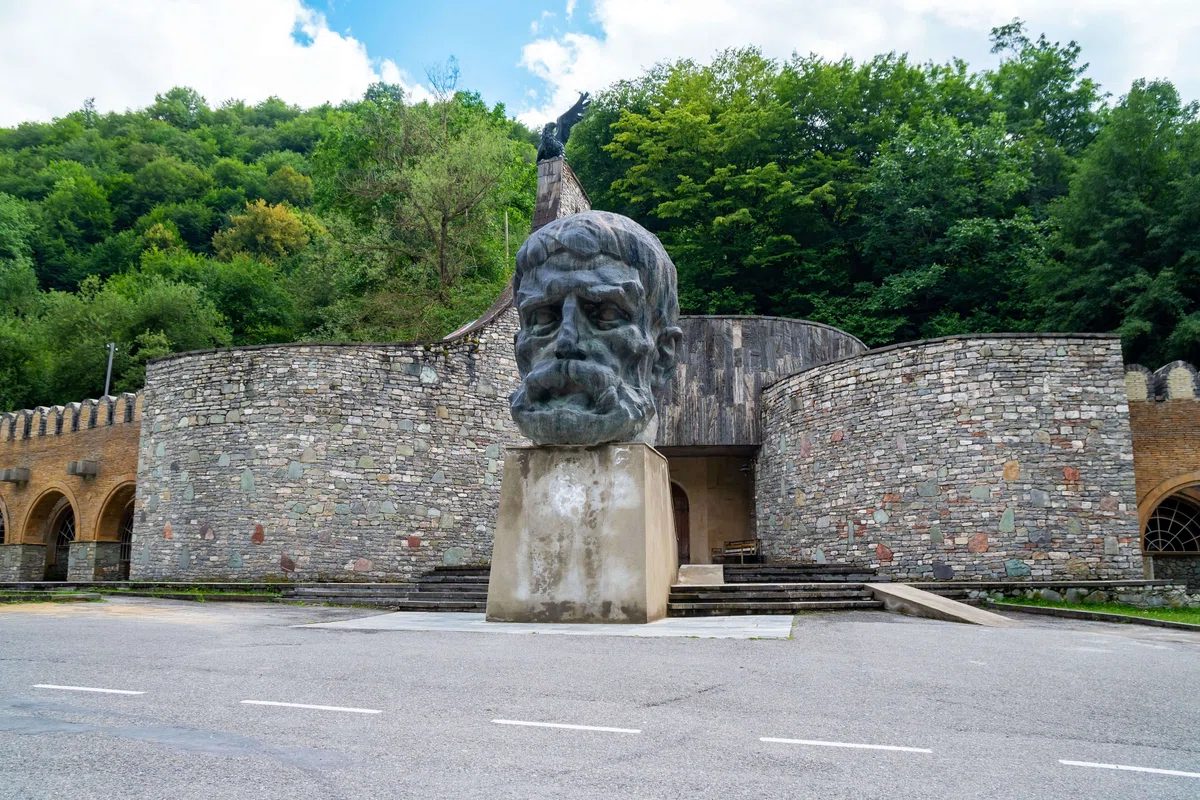
Famous house-museums of Georgia. Vazha-Pshavel House-Museum.
Vazha-Pshavela was a famous Georgian poet, and his house museum has a huge collection of memorabilia. Here you will find the poet's works of different years, paintings, graphics, sculptures, photographs of the poet, and his manuscripts. You can go on and on forever.
Address: Dusheti, Chargali village
The museum contains memorial items related to the life and work of the Georgian poet Vazha-Pshavela (1861-1915), ethnographic materials of the 19th and early 20th centuries, editions of the poet's collected works of various years, paintings, graphics and sculptures dedicated to the poet, photographic material, etc.
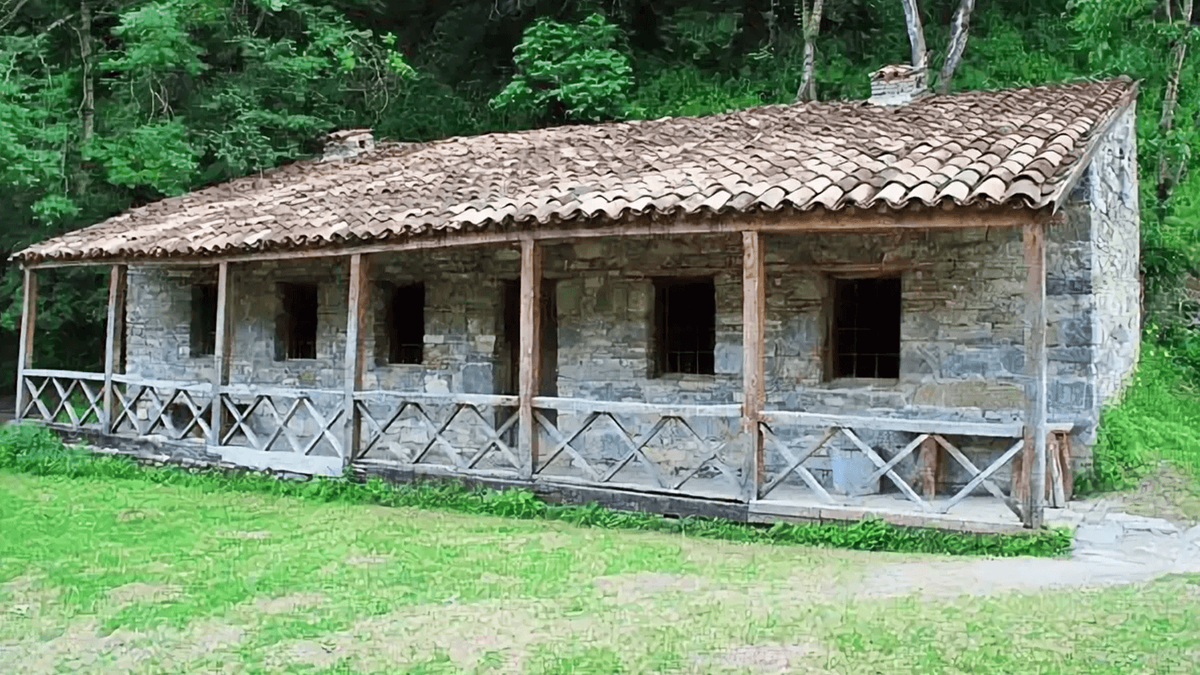
Until he was 8 years old, Vazha grew up in Pshavi, in the village of Chargali, in a large family of his father, the self-taught village priest Pavle Razikashvili, and his mother Barbale (Gulkan) Pkhikelashvili (brothers Vazha-Pshavela, Bachana and Tedo Razikashvili became famous writers).
He studied at Telavsky theological school, in 1877-1879 - in a two-year civil school at the Tiflis Teachers' Institute, then in the Gori Teachers' Seminary, which he graduated from in 1882. In 1883-1884 he was a free listener at the Faculty of Law of the University of St. Petersburg.
However, due to a difficult situation, he soon left the university and worked for several years, first in Otarashen, in the Amilakhvari family as a home teacher, and then in the rural school of Didi Toneti. From 1888 he lived in Chargali, like other peasants, plowed the land, looked after the cattle and went hunting. He enjoyed great influence among the highlanders. Rarely went down to the valley. His brilliant poems, stories and verses were written during the long nights in Pshavi.
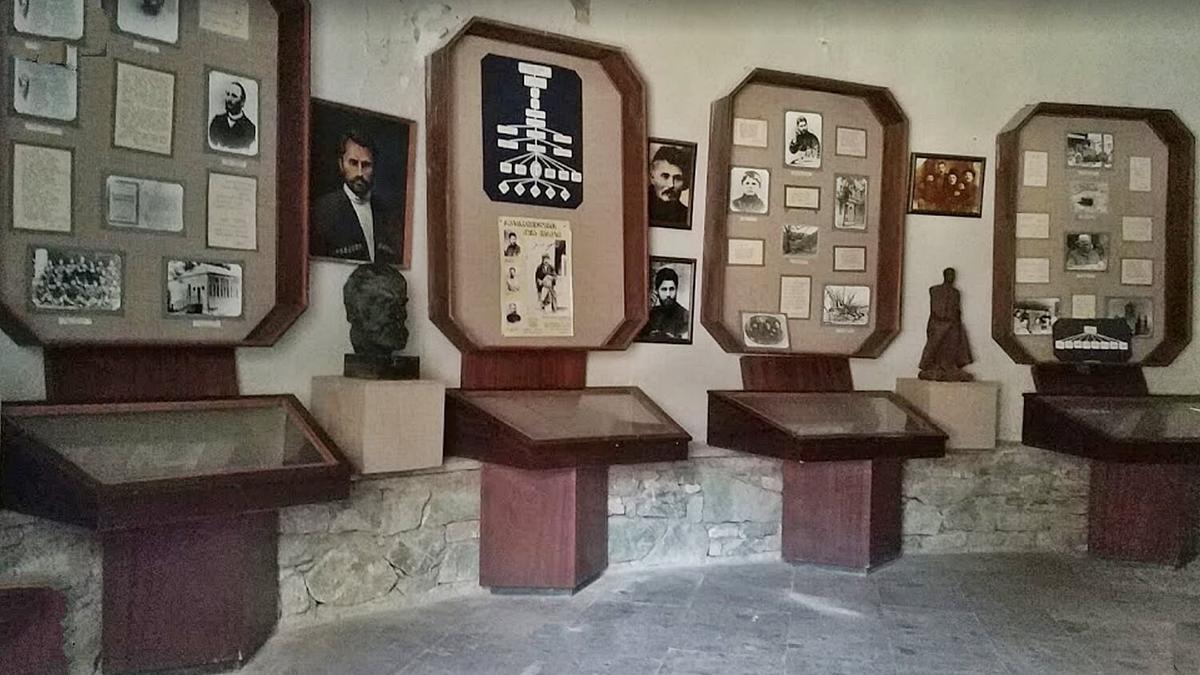
Vazha-Pshavela's poetic style is distinguished by its great originality. The primary source of his colorful thinking was folk art. During the poet's lifetime, Vazha-Pshavela's works were rarely published as separate books (a collection of stories from 1888, 1889; "Works" from 1899; "Tears" from 1909 and others). In 1925-1956, on the initiative of A. Abasheli, all full collections of the writer's works were published in seven volumes. Vazha-Pshavela's masterpieces have been translated into Russian (by translators V. Derzhavin, N. Zabolotsky, O. Mandelstam, B. Pasternak, M. Tsvetaeva and others), English, French, German and other languages.
By decision of the World Peace Council in 1961, the 100th anniversary of his birth was celebrated throughout the world. In the same year, the Vazha-Pshavela house-museum was founded in the village of Chargali.
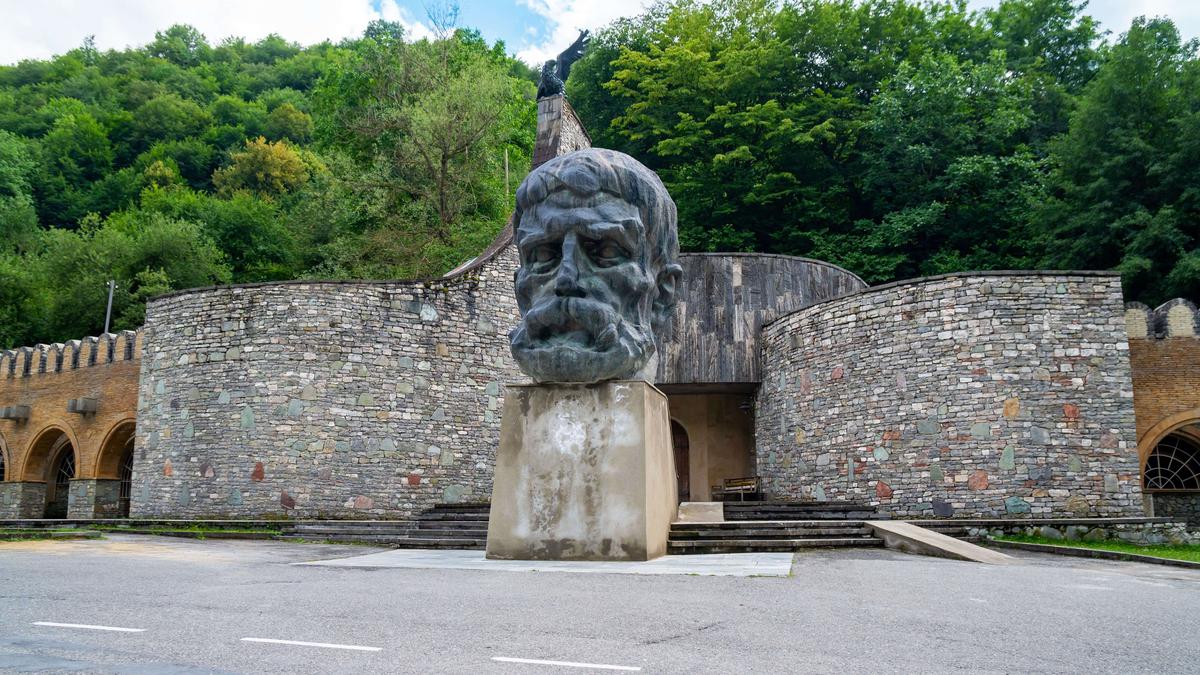
Vazha-Pshavela Museum is located in his native village of Chargali, where he grew up and received his first impressions, which later found their reflection in his works. The museum contains many memorial items related to the life and work of the poet, including editions of his works from different years, paintings, graphics, sculptures, photographs of the poet and his manuscripts. Here you can also find labels of wine, which was released in honor of Vazha-Pshavela. The museum is a real treasure trove for all lovers of literature and art. Vazha-Pshavela, a famous Georgian poet, was not only a talented writer, but also a scientist. In his youth, he studied not only his native Georgian language, but also other languages, such as Russian, French and Latin. He also showed interest in law and politics. After completing his studies at the Gori Teachers' Seminary, he continued his education at the St. Petersburg University in the Faculty of Law, but due to a difficult situation, he was forced to quit his studies and return to his homeland, where he began working as a teacher and engaged in agriculture.
However, returning to his homeland did not prevent him from continuing his literary work. He began writing in his free time and during long hunts, which were his favorite pastime. In his works, one can see the bright colors of Georgian nature, romance, love for his land and people, as well as philosophical thoughts.
Vazha-Pshavela's poetic style is distinguished by its great originality, as he drew inspiration from folk creative culture, which brought elements of folklore and folk customs into his works.
His works tell about the life and traditions of the American South, religion, social stratification and race relations. In addition, they touch on universal themes such as love, death, family, friendship and many others. William Faulkner's works have received critical acclaim and popularity among readers. He was nominated for the Nobel Prize in Literature several times and finally won it in 1949 for "powerful and artistically valuable literature reflecting the spirit and traditions of the people of the Southern United States."
William Faulkner had a huge influence on many writers, including Ernest Hemingway and Cormac McCarthy. His style, complex composition of works, use of stream of consciousness and other techniques have become the subject of study and discussion in literary circles.
Today, William Faulkner's works continue to be read and studied. They remain an important part of American literature and culture in general, and are also an object of attention and interest for researchers and literature lovers around the world.
Some of Ray Bradbury's works have become classics of science fiction and fantasy in general. For example, the novel "Fahrenheit 451", which tells of a future where books are banned and burned, and people live in complete censorship and are controlled by the government, has become a real cult book.
Another famous novel by Bradbury, "The Martian Chronicles", describes the expedition of people to Mars and their interaction with the Martian civilization. In this book, the author also touched upon many issues related to human nature and society.
Ray Bradbury is also known for his short stories, including "The Pedikel Automatic Adapter", "All Summer in a Day", "Bury Me Behind the General Base" and many others. In his stories, he often raised questions about what it means to be human, explored the psychological and social aspects of human life and destiny.
Ray Bradbury was not only a famous writer, but also an active public figure who fought for freedom of speech and creativity all his life. Several literary awards were established in his honor, and a crater on Mars and an asteroid bear his name
His legacy continues to live and inspire people around the world. His work remains an important source of inspiration and guidance for writers, poets, playwrights and musicians. Many scholars continue to study his life and work, and his works are still studied in schools and universities around the world.
Moreover, Hemingway's legacy is not only in literature, but also in film and television. Many of his works have been adapted for the screen, and they remain popular with audiences of all ages and nationalities.
Hemingway remains a symbol of freedom, romance, and adventure, and his life and work continue to inspire people to seek new horizons and be free of spirit. Overall, his legacy is an invaluable contribution to American culture and literature, and its influence will be felt for many years and decades to come.
In fact, Hemingway’s legacy extends far beyond the literature and culture of the United States. His works have been translated into many languages and are studied in universities and schools around the world. Many writers, both in the United States and abroad, have been influenced by Hemingway and his style, which combines simplicity, clarity, and emotional power.
In addition, Hemingway became a symbol of his era and is considered one of the most important writers of the 20th century. His style, approach to writing, and attitude to life had a huge impact on the literary and cultural development of not only the United States, but the entire world.
Finally, his life and work continue to inspire people around the world. Many find examples of courage, determination, and perseverance in his works. His ideals and beliefs remain relevant today, and many people continue to find wisdom and inspiration for their own lives in his words and thoughts. --------------------------
We deeply value interaction with our readers, so we invite you to leave comments and ask questions under our articles. We are always ready to answer your questions and discuss your thoughts and ideas. Your opinion will help us make our content even better and more interesting.


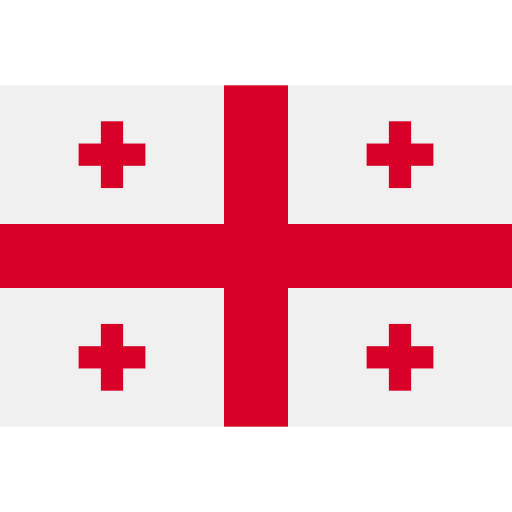


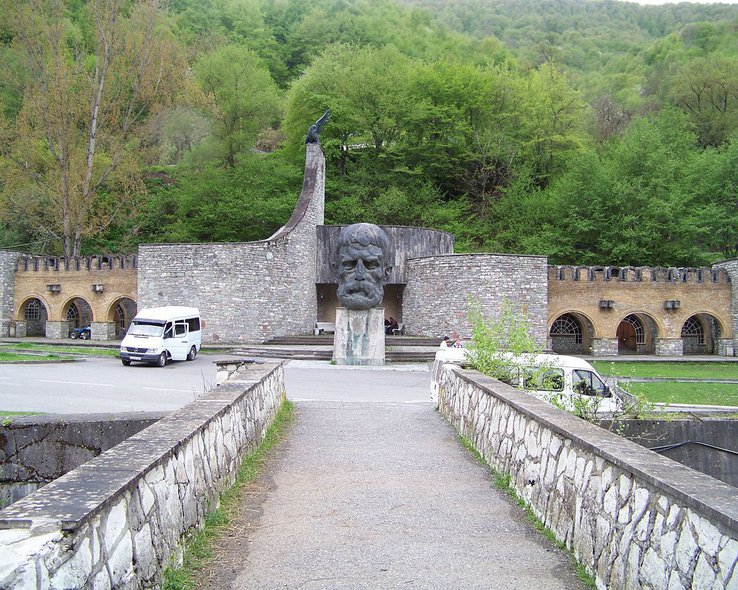
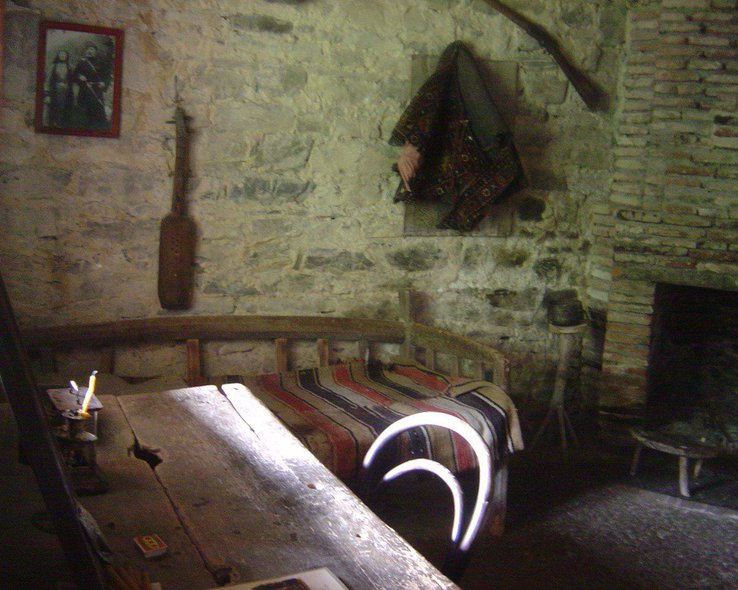
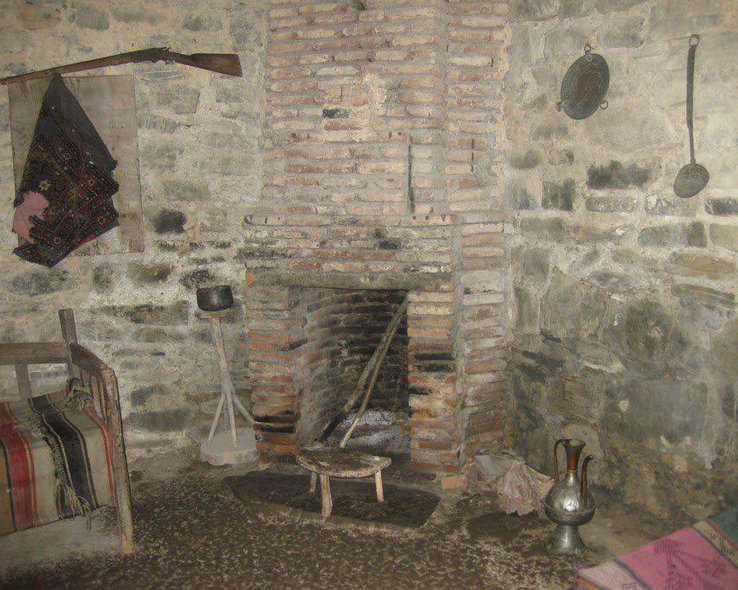
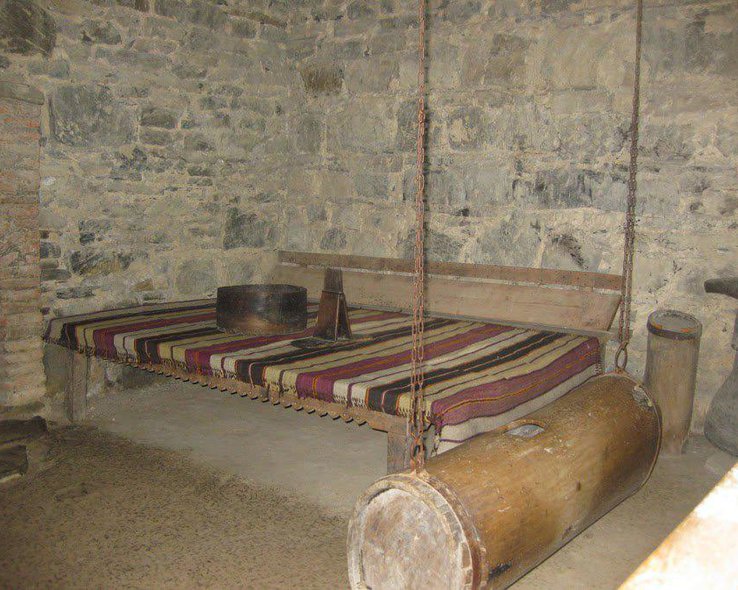
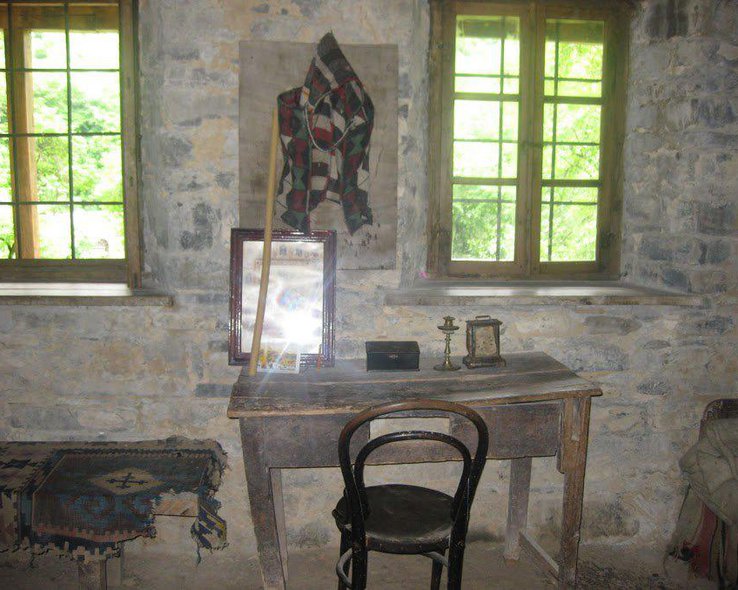
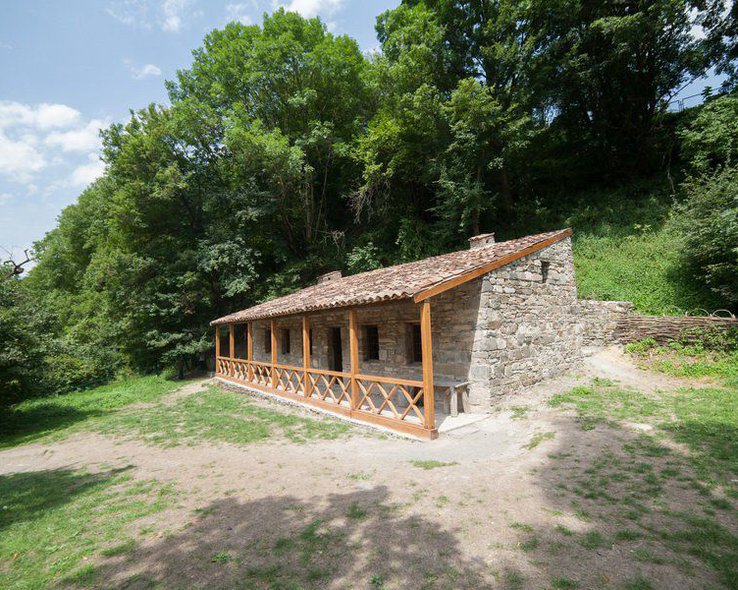

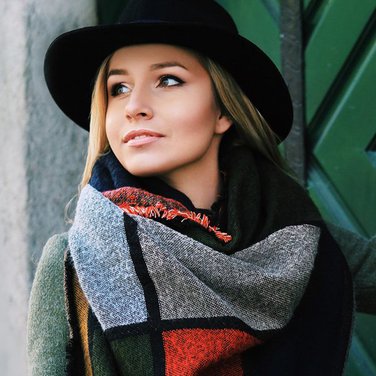
33 comments
Log in to leave a comment